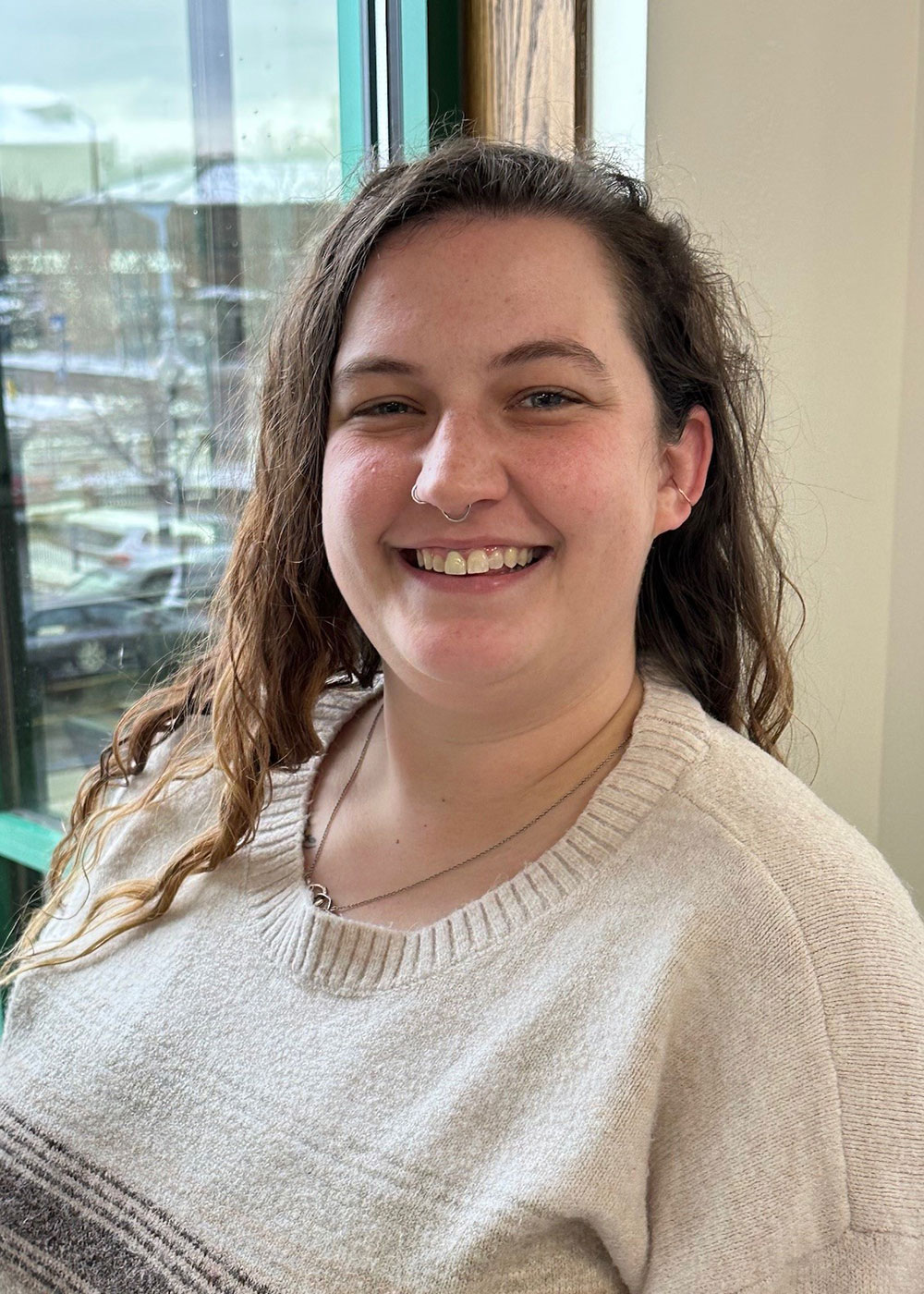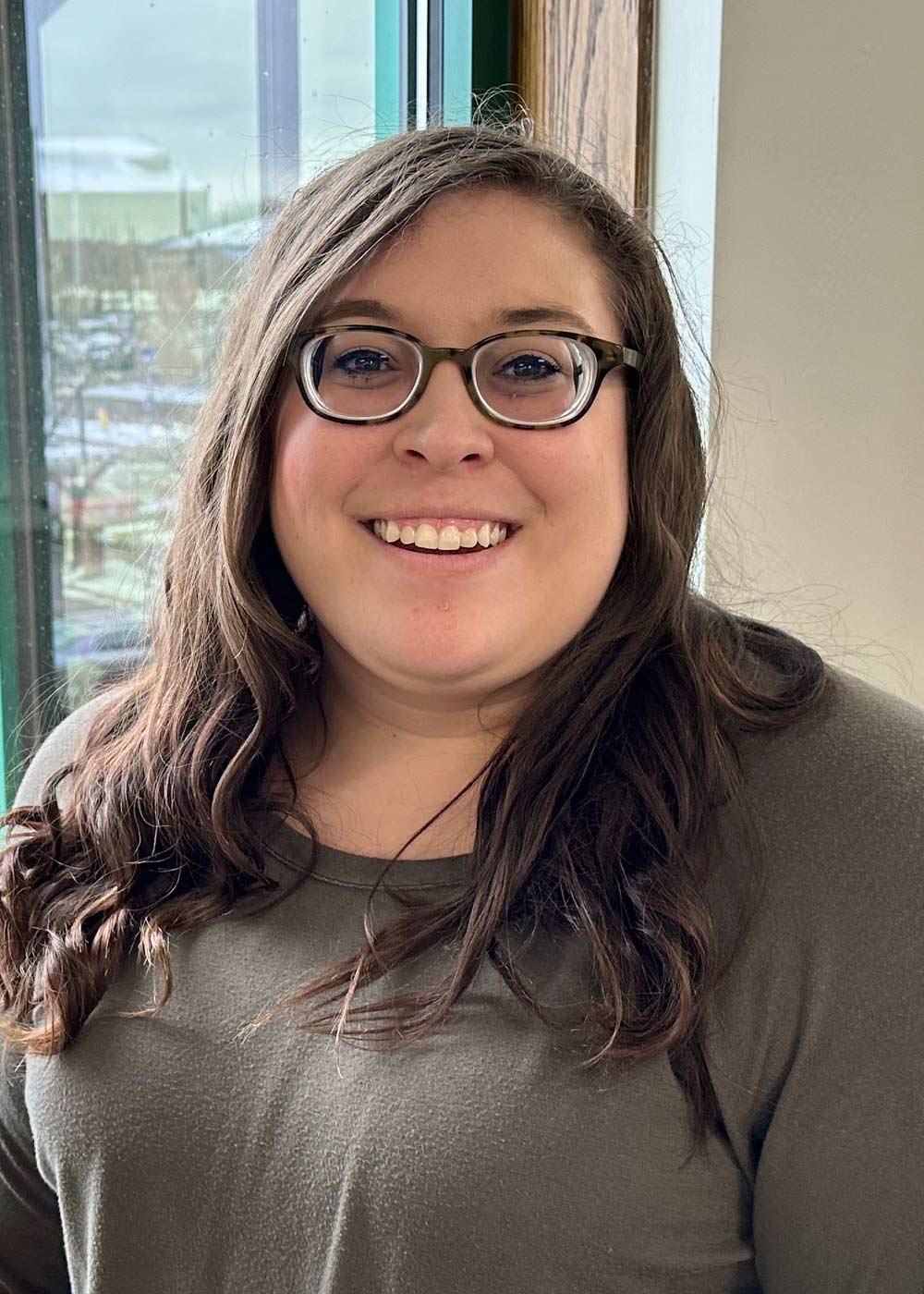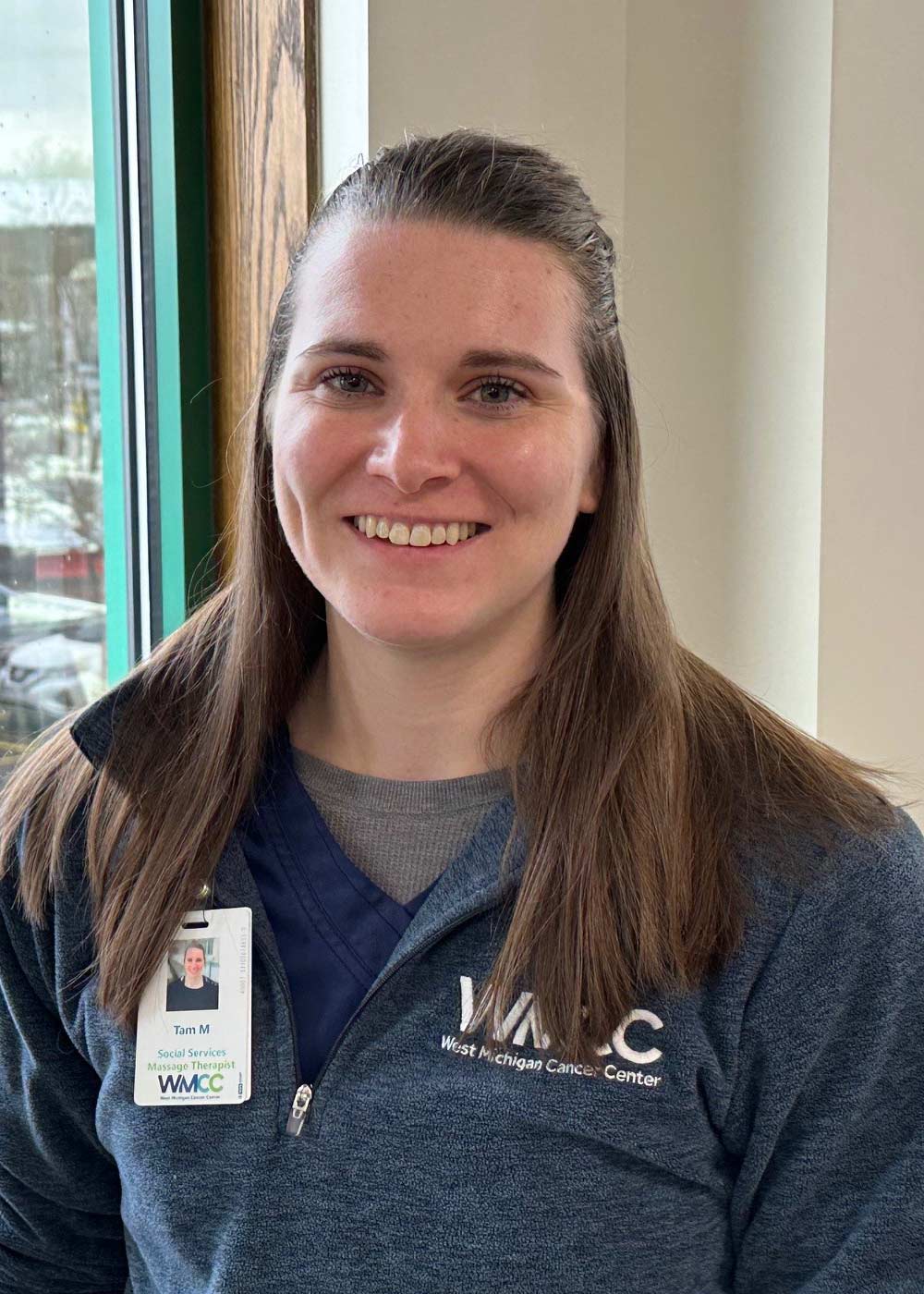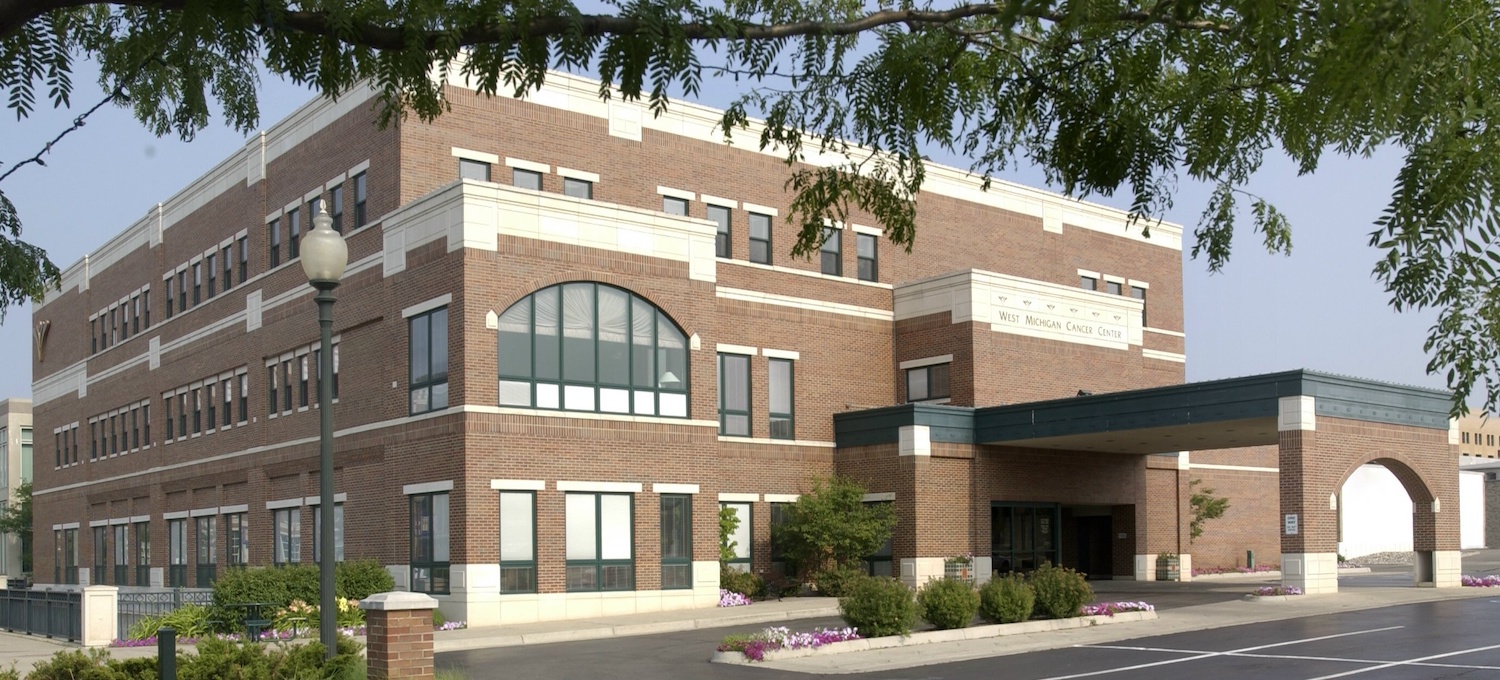Click the icon below for helpful links.
Here to help you.
When first diagnosed with cancer, you may experience a flood of emotions that change from one minute to the next. Cancer affects each person differently. There is no right or wrong way to feel after receiving a cancer diagnosis. The care teams at WMCC have walked beside thousands of patients on their cancer journeys. Each person’s cancer experience is unique and may require more or less supportive services than others. Whatever your support needs are, our team wants to help.
Our medical social worker partners closely with local hospital oncology centers, primary care offices, and other community agencies to provide an invaluable network of resources to our patients. Supportive care services include emotional support, coping, resource navigation, transportation resources, lodging resources, basic need supports, etc. We also have a registered dietitian who offers a wide range of nutritional support services specific to oncology and cancer prevention.
Nutrition Support
Patient Programming
Counseling Resources
Wellness Resources

Our mission is to empower.
There is no way to know what your specific cancer journey will look like in advance, but our experienced team at WMCC is here to support you throughout it. We believe empowering our patients with information and resources is an integral part of compassionate care, and we work tirelessly to meet the supportive needs of every patient.
Meet Our Team
At WMCC, we believe in treating the whole patient, not just their disease. Our mission is to give our patients the best possible outcome from their cancer treatment. This means treating each patient with compassionate care that supports their social and emotional wellbeing to produce the highest possible quality of life. Receiving a cancer diagnosis impacts your life in unexpected ways, and WMCC is prepared to support you through whatever challenges arise.
WMCC’s clinically licensed medical social workers and registered dietitian can assist with any issues arising from cancer care. Working closely with your doctors, nurses, medical assistants, and financial counselors, we provide a compassionate and attentive approach to cancer treatment. Our social workers are members of the Association of Oncology Social Workers and follow the clinical scope of practice and NASW Code of Ethics. Our registered dietitians are registered through the Commission on Dietetic Registration.
To learn more about a specialist – click on their image below.
SUPPORT IS AVAILABLE
This includes access to massage therapy, art therapy, support groups, and advance care planning workshops. We are here to oversee your progress and support you with expert knowledge and skill.
What We Do
Our patients experience distress in a variety of ways. Common issues that we address include:
- Advance Care Planning
- Basic Needs
- Community Resource Needs
- Coping and Adjustment to Treatment
- Crisis Intervention
- End of Life Issues
- Grief and Loss Concerns
- Local Support Groups
- Medical Travel Concerns/Lodging
- Mental and Emotional Health Support
- Nutrition Support
- Stress Management
- Tobacco Cessation Resources
- Talking to Loved Ones and Children
- Transportation Resources
Request help.
We have an easy referral process. Patients can ask to be referred by a member of their WMCC clinical care team or self refer if a need arises. We also follow up on referrals we receive through assessments that patients complete per National Comprehensive Cancer Network (NCCN) guidelines.
To contact a medical social worker, email socialwork@wmcc.org, or call 269.373.7446.
To contact a registered dietitian, email nutrition@wmcc.org or call 269.373.0109.
Additional Resources
This service is often referred to as a “chore provider.” Home care is not a skilled medical service and does not generally include a nurse, PT, or OT. The goal of this type of care is to assist with needs around the home. For some patients, this might include house chores, basic grooming assistance, light food preparation, and other activities that can provide non-medical support. This service is often an out-of-pocket expense. We recommend you call your insurance provider to explore coverage. Some Medicaid and Veterans Administration insurance plans provide this additional support if you meet the criteria.
Home health is a skilled service provided to patients and often covered by insurance. You must meet specific criteria to qualify for this type of support, and you can explore this with your care team. Home health generally provides services like nursing, physical therapy (PT), occupational therapy (OT), and bath aides. The level of care you receive will depend on their intake assessment. Please talk to your nursing team for more information.
Hospice care is a specialized service for individuals at the end of life with goals of making the patient and family more comfortable. Hospice teams often include physicians, mid-level providers, nurses, social workers, chaplains, home care aides, and volunteers. The team is available to provide physical, emotional, and spiritual support for you and your loved ones. There are eligibility criteria for hospice services, and we encourage you to discuss this with your provider. You can also explore hospice services independently by calling your hospice agency of choice and asking for a free educational session.
As a result of a cancer diagnosis and/or treatment, additional, more significant, nutrition support may be necessary. Supplemental tube feeding, enzyme replacement therapy, and oral nutrition supplementation is crucial for many patients receiving treatment. If you are experiencing significant unintentional weight loss, you may benefit from additional nutrition support. Please reach out to your clinical care team or contact a WMCC registered dietitian for more information.
Palliative care is a specialized service for individuals with severe or chronic illness. Palliative care is not hospice care. Palliative care teams often include a physician, mid-level practitioner, social worker, chaplain, and others. The goal of palliative care is to explore the patient’s care goals, assess for symptom management needs, and develop a care plan to meet those needs. Working with a palliative care team means working to improve your quality of life no matter what your diagnosis. Please talk to your provider if this is a service that interests you.
Our volunteers play a key role in supporting WMCC’s mission to treat the whole person and not just their disease. They serve patients in a variety of capacities, utilizing their different skills, interests, and talents. If you’d like to learn more about this program, call (269) 373-7434 or email: volunteer@wmcc.org.
Many national organizations provide support to cancer patients via telephone or online options. Listed below are some of the organizations we often use:
American Institute for Cancer Research (AICR)
Academy of Nutrition and Dietetics
American Cancer Society
800.227.2345
Cancer Support Community
888.793.9355
Livestrong Foundation
855.220.7777







